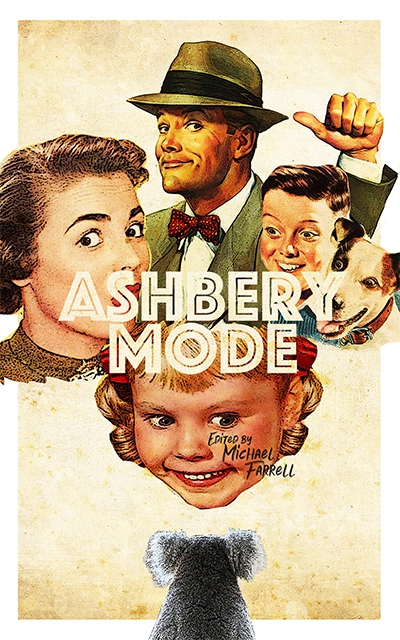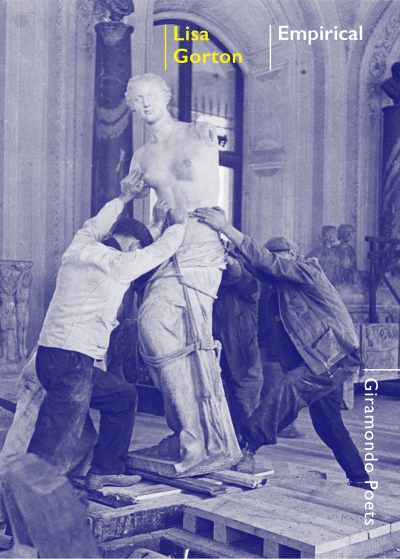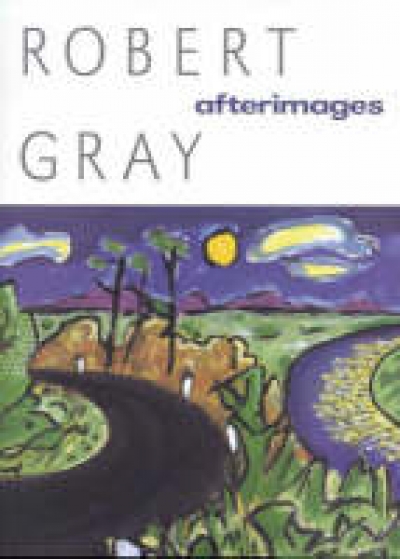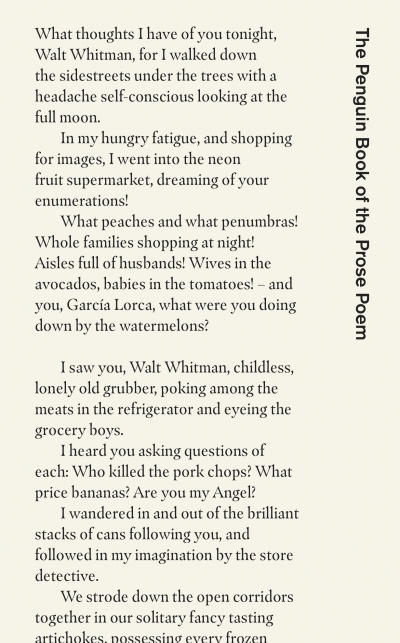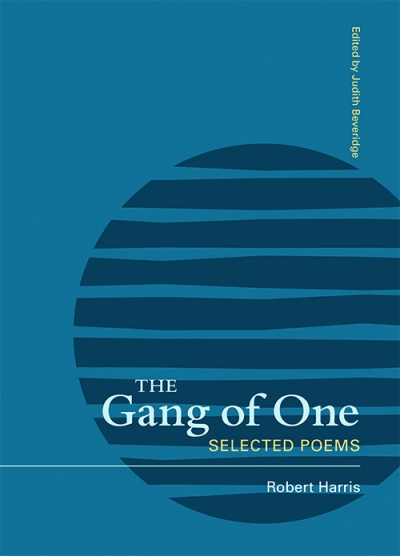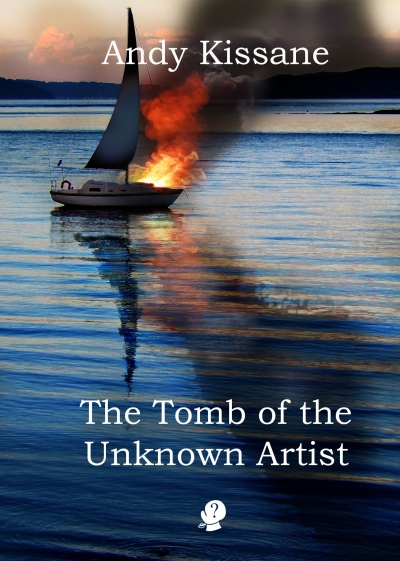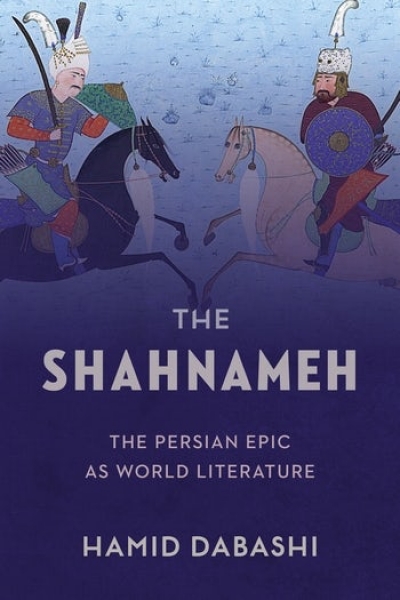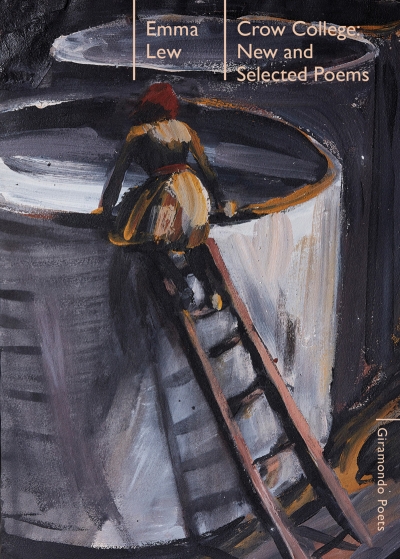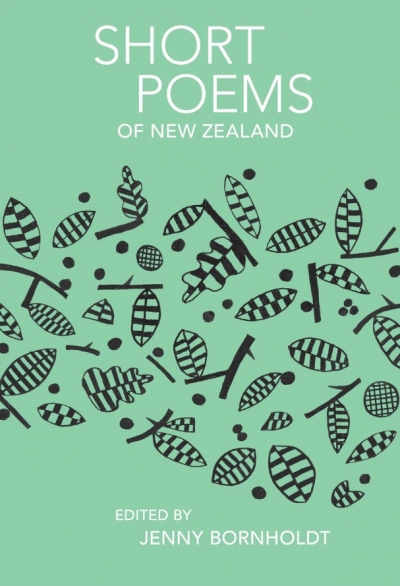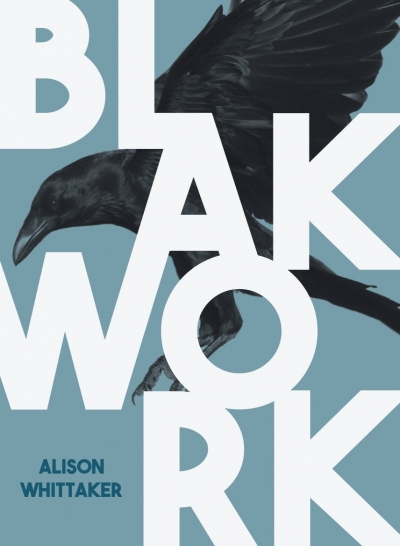Poetry
The recent death of Les Murray can be likened in its significance to the passing of Victor Hugo, after which, as Stéphane Mallarmé famously wrote, poetry ‘could fly off, freely scattering its numberless and irreducible elements’. Murray’s subsumption of the Australian nationalist tradition in poetry, including The Bulletin schools of both the 1890s (A.G. Stephens) and 1940s (Douglas Stewart), has delineated an influential pathway in our literature for more than fifty years. Yet the death in 2017 of the American poet John Ashbery might be viewed as equivalent in its effect, given the impact of his work on several generations of local poets, which has in many respects constituted a counter-stream to Murray’s often narrowly defined nationalism. Ashbery’s voice has been infectiously dominant in English-language poetries over several decades, in a manner similar to T.S. Eliot’s impression on poets of the earlier twentieth century. Critic Susan Schultz, the publisher of this volume, has charted the dynamics of its transcultural influence in her aptly titled collection, The Tribe of John (1995)
... (read more)In her latest collection of poems, Empirical, Lisa Gorton demonstrates – definitively and elegantly – how large, apparently simple creative decisions (employing catalogues or lists; quoting from the archive; engaging in ekphrasis or description) can produce compelling and complex poetic forms.
... (read more)In his infamous 1955 review of Patrick White’s The Tree of Man, A.D. Hope’s dismissal of the book as ‘illiterate verbal sludge’ focuses on a perceived confusion between the categories of poetry and prose. White ‘tries to write a novel as if he were writing poetry, and lyric poetry at that’, writes Hope ...
... (read more)In a letter to a friend, American poet James Wright reflected on the meaning of a Selected Poems for a peer he considered undervalued: ‘It shows that defeat, though imminent for all of us, is not inevitable.’ He quoted ...
... (read more)Andy Kissane, who (with Belle Ling) shared the 2019 Peter Porter Poetry Prize, is one of Australia’s most moving poets. He is unfailingly empathetic, a master of poetic narrative – and of the ‘middle style’ where language is not an end in itself but an unobtrusive vehicle for poignancy (or, occasionally, humour or irony). The Tomb of the Unknown Artist ...
... (read more)The Shahnameh: The Persian epic as world literature by Hamid Dabashi
Not many peoples are able to read poems in their language written one thousand years ago, as Persian speakers in Iran, Afghanistan, and Tajikistan do today with Ferdowsi’s Shahnameh, meaning the ‘Book of Kings’. The Shahnameh is Iran’s national epic, a vast compilation of pre-Islamic Iranian myths, legends, and imperial history ...
... (read more)Original voices are always slippery to describe. The familiar weighing mechanisms don’t work very well when the body of work floats a little above the weighing pan, or darts around in it. As in dreams, a disturbing familiarity may envelop the work with an elusive scent. It is no different for poetry than for ...
... (read more)A new anthology of bite-sized New Zealand poems is freshly out from Victoria University Press. VUP is the Wellington-based publisher closely associated with the University’s renowned creative writing school, known affectionately (or pejoratively, depending on your affiliation) as ‘The Bill Manhire School’ ...
... (read more)Blakwork by Alison Whittaker & Walking with Camels: The story of Bertha Strehlow by Leni Shilton
Alison Whittaker’s début collection, Lemons in the Chicken Wire (2015), introduced a genuinely new voice to Australian poetry: that of a Gomeroi woman, a Fulbright scholar, and a poet who can bend and blend forms with the best of them. Her second collection of poems, Blakwork, places her firmly in both the ...
... (read more)
